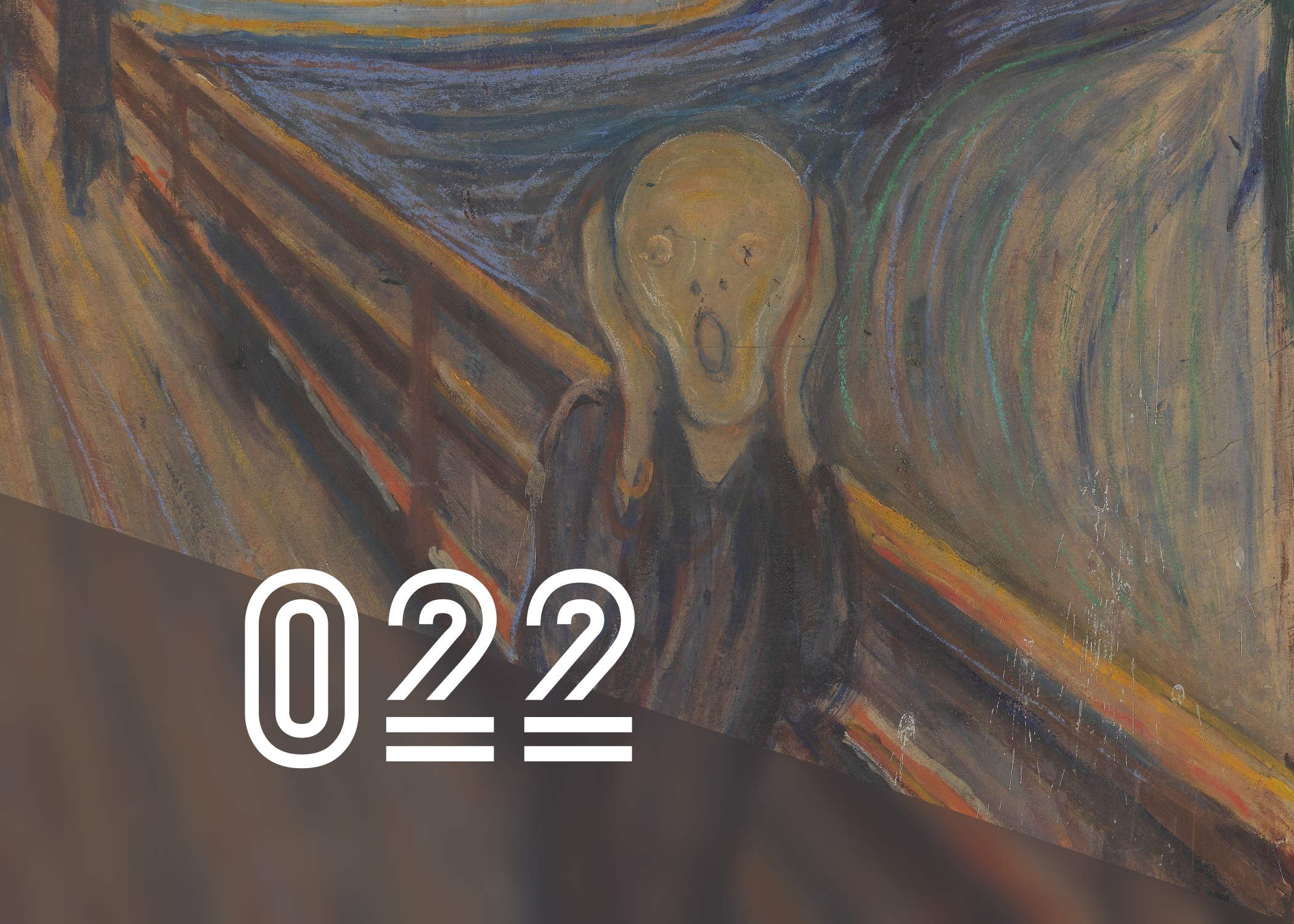022 — L'opportunité derrière la crise
Derrière le drame, l’opportunité! Les crises sont des événements de rupture qui permettent de créer des changements profonds. Dans cet épisode, on prend comme point de départ l\'idée en apparence toute simple de Rahm Emmanuel qui consiste à \"ne pas gaspiller une crise\" et ses implications pour un changement profond. Nous explorons les défis de la pensée à contre-courant, la tension entre le mode exploration et exploitation, et le pouvoir du langage en temps de crise. Préparez-vous pour un épisode stimulant qui vous incitera à défier le statu quo.Notes et références[00:00] Longue introduction au sujet[09:00] Exploration vs. exploitationAlison Gopnik:“Young brains are designed to explore; old brains are designed to exploit.”Heather E. McGowan:According to neurologist David Eagleman, cognition works in two modes: exploiting the knowledge we’ve earned and exploring for new knowledge, ideas, skills, and opportunities. Animals exploit existing knowledge when they rely on existing sources for food or shelter and explore when they seek new sources for each. Businesses work in the same way: exploiting to scale solutions for maximum profit and efficiency and exploring to find new product, services, and business models. Exploitation relies on stored explicit knowledge to drive efficiency. Exploration, on the other hand, demands that we work in ambiguity and uncertainty, leveraging our searchlight intelligence to identify new opportunities. Put another way, the fuel source for value creation and innovation is new tacit knowledge creation. (source)[12:00] Rahm “Rahmbo” Emanuel[15:00] “Don’t bring me problems, bring me solutions” — shifting the burdenPeter Drucker:The effective decision-maker always assumes initially that the problem is generic. He always assumes that the event that clamors for the attention is in reality a symptom. He looks for the true problem.Peter M. Senge & al.Shifting the burden is on of the most common and insidious patterns in a modern society that demands quick solutions to difficult problems.[25:00] Money allows you to buy \'not changing\'. Because you don\'t hit rock bottom so hard. Change means stepping into uncertainty — Jordan Hall[27:00] “The language of crisis”, voir notamment Adam ToozeAmerica and the world are living through what Adam Tooze, the internet’s foremost historian of money and disaster, describes as a “polycrisis.” As he sips a beer at a bar near Columbia University, where he is the director of the European Institute, Tooze talks through a long list of challenges: War, raising the specter of nuclear conflict. Climate change, threatening famine, flood, and fire. Inflation, forcing central banks to crush consumer demand. The pandemic, closing factories and overloading hospitals. Each crisis is hard enough to parse by itself; the interconnected mess of them is infinitely more so. And he feels “the whole is even more dangerous than the sum of the parts.[29:00] PTSD/MedicalizationFirst, the trauma industry has enthusiastically and single-mindedly adopted the language of medicine. As a diagnostic category, PTSD has been beneficial in providing recognition of the suffering experienced by many people—but the language of medicine puts therapists in a doctor-like position, which takes away from patients the responsibility for their own recovery — Stephen Joseph[30:00] Firefighters Don’t Fight Fires[37:00] Telemedicine is DyingPrior to the Covid era, telehealth accounted for less than 1% of outpatient care, according to the Kaiser Family Foundation. Telehealth services have since surged, at their peak accounting for 40% of outpatient visits for mental health and substance use.
This is a public episode. If you would like to discuss this with other subscribers or get access to bonus episodes, visit www.fullstackbanana.com
This is a public episode. If you would like to discuss this with other subscribers or get access to bonus episodes, visit www.fullstackbanana.com




